Oral
AI-Based Real-Time Imaging & Motion-Robust Strategies
ISMRM & ISMRT Annual Meeting & Exhibition • 10-15 May 2025 • Honolulu, Hawai'i

| 13:45 |
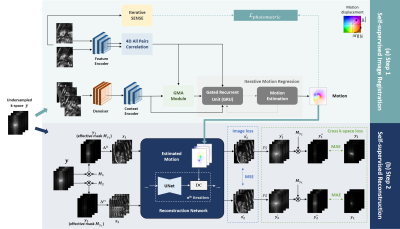 |
0116. Self-supervised
motion-compensated reconstruction for cardiac Cine MRI
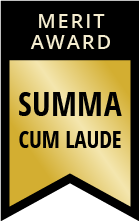
S. Xu, A. Ghoul, K. Hammernik, J. Kuebler, P. Krumm, A.
Lingg, D. Rueckert, S. Gatidis, T. Kuestner
Medical Image and Data Analysis (MIDAS.lab), Department of Diagnostic and Interventional Radiology, University of Tuebingen, Tübingen, Germany
Impact: We propose a fully self-supervised framework
that enables high-quality reconstruction of cardiac Cine MRI
acquired in a single breath-hold. The adaptability of this
framework opens new research avenues for leveraging
undersampled data and extends to other dynamic MRI
modalities.
|
| 13:57 |
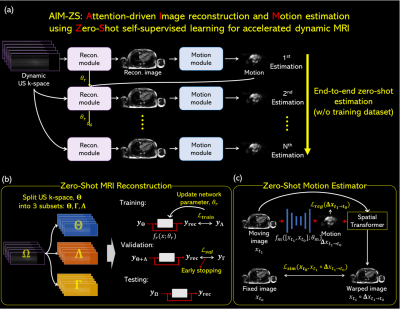 |
0117. AIM-ZS:
Attention-driven Image reconstruction and Motion estimation
using Zero-Shot self-supervised learning for dynamic MRI

N. Fujita, S. Yokosawa, T. Shirai, Y. Terada
University of Tsukuba, Tsukuba, Japan
Impact: This pre-training-free approach enables
the widespread adoption of motion-corrected dynamic MRI
without requiring large training datasets. It potentially
expands clinical applications requiring high temporal
resolution imaging and motion analysis and improving
accessibility across different imaging protocols.
|
| 14:09 |
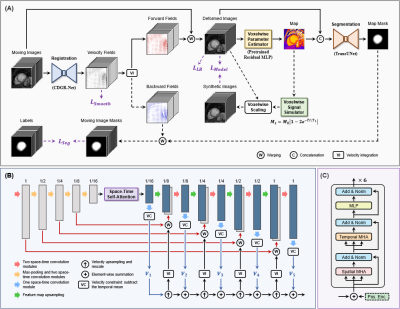 |
0118. Deep
Learning-Based Joint Motion Correction, Reconstruction, and
Segmentation for Free-Breathing Cardiac T1 Mapping

H. Chen, Z. Chen, J. Gao, C. Hu
School of Biomedical Engineering, Shanghai Jiao Tong University, Shanghai, China
Impact: The proposed method is expected to promote the
clinical usability and reliability of cardiac T1 mapping,
especially for patients who cannot tolerate repeated
breath-holding MRI scans.
|
| 14:21 |
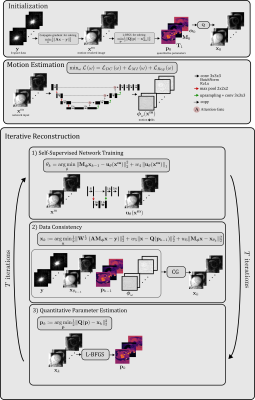 |
0119. Zero-Shot
Self-Supervised Motion Corrected Cardiac T1 Mapping
M. Guastini, F. Zimmermann, J. Schulz-Menger, C. Kolbitsch,
A. Kofler
Physikalisch-Technische Bundesanstalt (PTB), Braunschweig and Berlin, Germany
Impact:
The proposed method represents a valid alternative to supervised deep learning quantitative reconstruction methods, by employing the advantages of deep learning techniques without the need of target or training data, which is often unavailable. |
| 14:33 |
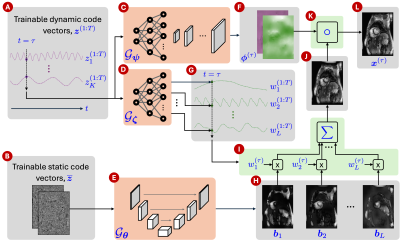 |
0120. Motion-Guided
Deep Image Prior for Dynamic Cardiac MRI
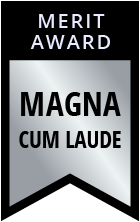
M. Vornehm, C. Chen, M. A. Sultan, S. M. Arshad, F.
Knoll, R. Ahmad
Friedrich-Alexander-Universität Erlangen-Nürnberg, Erlangen, Germany
Impact: Our method enables real-time free-breathing cine
and free-breathing LGE imaging with high resolution and
motion fidelity. It requires no training data and can be
extended to other types of dynamic MRI acquisitions.
|
| 14:45 |
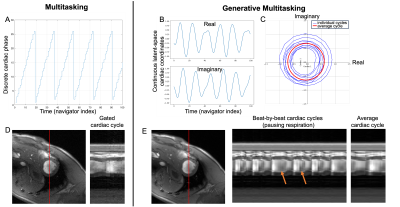 |
0121. Generative
MR Multitasking: Bridging real-time and gated imaging with
complex-valued cardiac encoding and neural subspace
representations
X. Fang, A. Christodoulou
David Geffen School of Medicine at UCLA, Los Angeles, United States
Impact: This framework bridges traditional gating and
real-time imaging approaches, and provides a flexible,
scalable framework for multidimensional imaging. The
complex-harmonic cardiac representation preserves both
cardiac timing (phase) and beat-to-beat variability
(amplitude), which may especially have future impact for
arrhythmia patients.
|
| 14:57 |
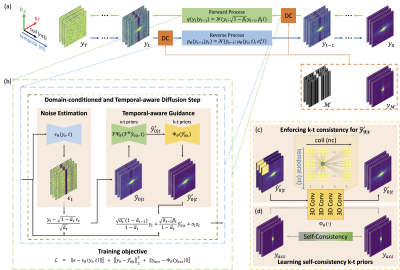 |
0122. dDiMo:
Domain-conditioned and Temporal-guided Diffusion Modeling for
Accelerated Dynamic MRI
L. Zhang, I. Zhou, F. Liu
Athinoula A. Martinos Center for Biomedical Imaging, Massachusetts General Hospital and Harvard Medical School, Boston, United States
Impact: This work demonstrates the feasibility of a
novel generative AI method for rapid dynamic MRI by
leveraging temporal information and self-consistent k-t
priors. Beyond its immediate applications, the method shows
potential for generalization, adapting to inverse problems
across various domains.
|
| 15:09 |
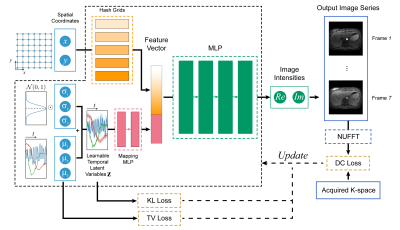 |
0123. Calibration-free
DCE-MRI with Sub-second Temporal Resolution Using Interpretable
Implicit Neural Representation

J. Feng, J. Chen, Y. Zhang, L. Feng, D. Liang, H. Wei
Shanghai Jiao Tong University, Shanghai, China
Impact: The proposed method paves the way for
artifact-free, high-temporal-resolution DCE-MRI for clinical
applications. Moreover, the proposed INR framework makes
calibrationless MRI reconstruction feasible and
interpretable, offering a powerful tool for a wide range of
imaging challenges.
|
| 15:21 |
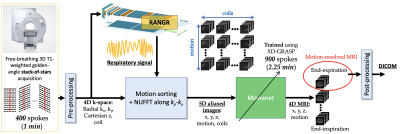 |
0124. End-to-end
deep learning auto-navigation and reconstruction for accelerated
free-breathing motion-resolved MRI
V. Murray, Y. Wen, G. Behr, O. Akin, A. Guidon, R. Otazo
Memorial Sloan Kettering Cancer Center, New York City, United States
Impact: The combination of deep learning auto-navigation
and motion-resolved reconstruction enables fast and robust
free-breathing abdominal MRI, which has the potential to
reduce the number of repeat scans and increase efficiency
compared to current clinical standards.
|
| 15:33 |
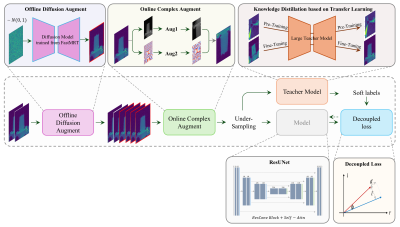 |
0125. Model-Agnostic
Deep Learning Approaches for Dynamic Magnetic Resonance
Thermometry Reconstruction
S. Zong, Y. Zhao, Q. Yang, H. Wang, G. Shen
Fudan University, Shanghai, China
Impact: The study's results enable faster and more
accurate MR thermometry, allowing clinicians to better
monitor and control temperature in thermal therapies. This
advancement encourages further investigation into deep
learning's role in MR applications, potentially extending to
other phase-sensitive imaging techniques.
|
The International Society for Magnetic Resonance in Medicine is accredited by the Accreditation Council for Continuing Medical Education to provide continuing medical education for physicians.